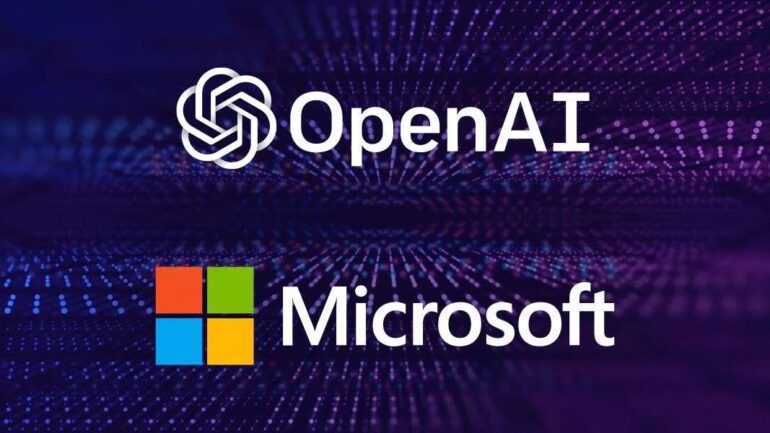TL;DR:
- OpenAI and Microsoft face a lawsuit over alleged copyright infringement by author Julian Sancton.
- Sancton claims OpenAI used non-fiction books without proper compensation for training its AI model.
- The lawsuit highlights OpenAI’s shift to a more secretive approach in constructing datasets for ChatGPT-4.
- OpenAI’s substantial profits from ChatGPT and its integration into Microsoft products are emphasized.
- The potential impact of blockchain technology on addressing AI copyright and data handling issues is mentioned.
- OpenAI’s recent challenges, including leadership changes and legal issues, are discussed.
Main AI News:
OpenAI and Microsoft (NASDAQ: MSFT) are facing yet another legal challenge, this time in the realm of copyright infringement. Notably, author and Hollywood reporter Julian Sancton has taken the tech giants to court, alleging rampant theft of copyrighted works in the development of their artificial intelligence (AI) models.
Sancton’s lawsuit contends that OpenAI utilized thousands of non-fiction books as a foundational source to train its expansive language model, thereby infringing upon the intellectual property rights of numerous authors. As the author of the New York Times best-seller “Madhouse at the End of the Earth: Belgica’s Journey into the Dark Antarctic Night,” Sancton invested significantly in research and claimed to possess “a bundle of exclusive rights” under the law. According to the filing, Sancton asserts that both OpenAI and Microsoft reproduced copyrighted works without adequately compensating the authors.
OpenAI’s approach to data acquisition and model development has come under scrutiny. The company initially operated with an open-source model for the first two iterations of its language models. However, the lawsuit argues that OpenAI adopted a more secretive approach in constructing datasets and training methods for ChatGPT-4.
The lawsuit suggests that OpenAI had additional reasons for maintaining secrecy around its training data and model development, alleging that this approach was designed to keep rightsholders, including the plaintiff and class action members, unaware of potential copyright infringements involving their works in the AI model’s development.
The plaintiff contends that OpenAI, along with its primary investor Microsoft, profited immensely from the widespread adoption of ChatGPT. Boasting over 100 million weekly users and a premium ChatGPT Plus service priced at $20 per month, OpenAI reportedly generates monthly revenues exceeding $100 million. Moreover, the integration of ChatGPT into Microsoft’s products, such as Bing, has led to a surge in new users, with over 100 million active daily users recorded for the first time.
Some experts have suggested that blockchain technology might offer a solution to the ongoing challenges surrounding copyright and data handling in the field of AI.
“While OpenAI and Microsoft refuse to compensate non-fiction authors, their AI platform has amassed immense value,” states the lawsuit. “The foundation of the OpenAI platform appears to be nothing short of widespread copyright infringement.“
OpenAI’s Recent Challenges OpenAI has encountered a series of challenges in recent times, including leadership changes that disrupted the company’s stability. CEO and founder Sam Altman briefly left to join Microsoft before returning as CEO of OpenAI. The company has also grappled with class action lawsuits, investigations by data regulators, and various technical issues as it strives to maintain its competitive edge in the AI industry.
Conclusion:
The lawsuit against OpenAI and Microsoft underscores the growing concern over copyright infringement in AI development. If successful, it could set a precedent for how tech companies handle intellectual property rights. This legal battle may prompt businesses to reevaluate their data acquisition and usage practices, impacting the AI market’s future direction and legal landscape.

